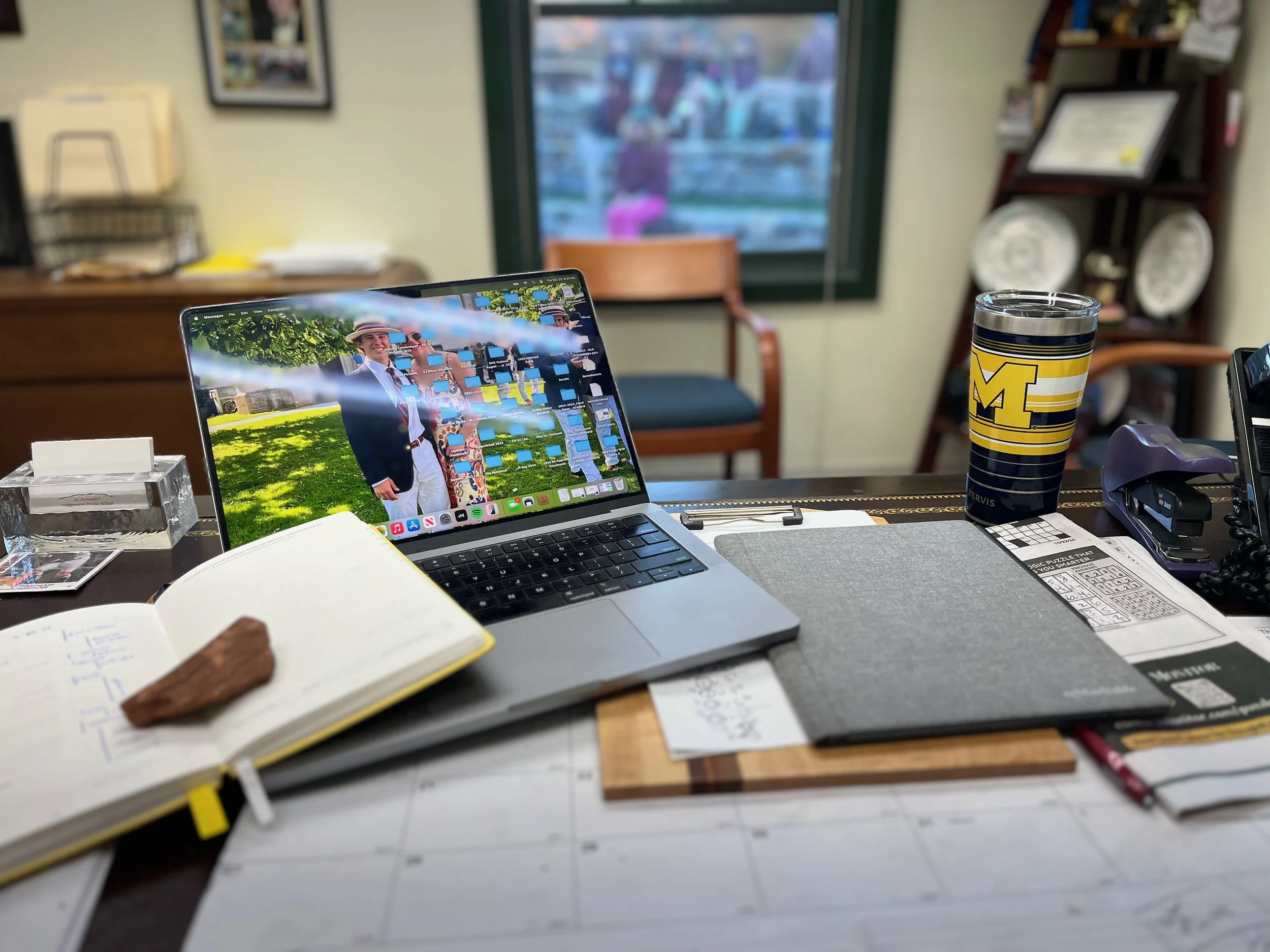On Monday, we will gather to celebrate the life and legacy of Dr. Martin Luther King Jr. Like almost all holidays, most folks have the day off from other obligations to celebrate as they see fit. When living in the mid-Atlantic region, however, I witnessed the way in which others actively honor Dr. King through service, community gatherings and what were referred to as a “Day On” as opposed to a day off. At BHS, we have adopted this active celebration, as the work of our nation, of Dr. King, and The Beech Hill School are in almost perfect alignment.
In the preamble to the Constitution, its purpose is clearly stated as to “form a more perfect union.” This is a call to action – in perpetuity, for the people of the United States to work to make our union more perfect. This idea is clearly aspirational for our nation. Dr. King shared his aspirational optimism in his “I Have a Dream” speech – in so far as he acknowledges that his current reality did not reflect the realities he hoped for his progeny. At The Beech Hill School, one of the core ideals in our Foundations of Community is “aspiration,” confirming our understanding that, individually and collectively, it is always possible to make improvements.
So, The Constitution, Dr. King, and The Beech Hill School are all optimistic that we can, through active and thoughtful work, become better versions of ourselves, and in turn, of our communities. That work is never fully complete, but tomorrow we will remind ourselves of Dr. King’s work and his hopes of a beloved community. Hopefully, with our continued efforts, we can get that much closer to “more perfect.”

